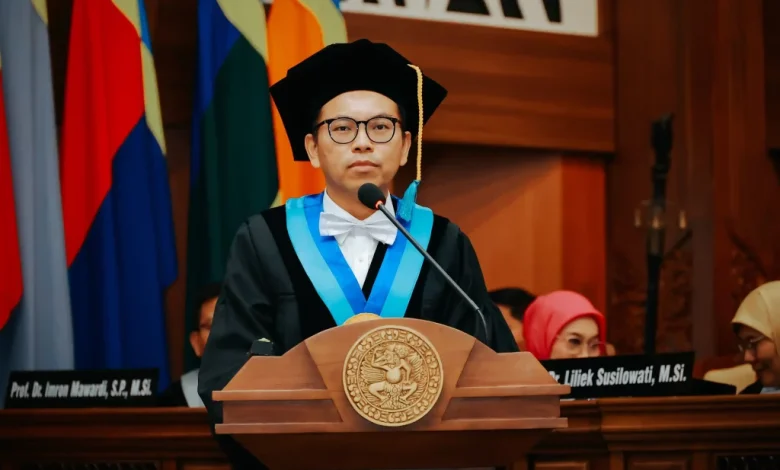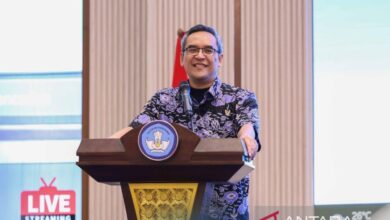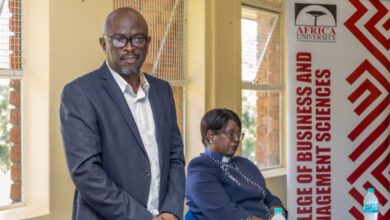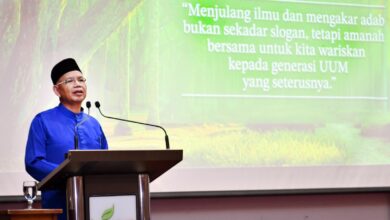Opportunities for Indonesian Nurses in the Global Job Market: Insights from a UNAIR Professor

As the global demand for nurses continues to rise, significant opportunities are expected for Indonesian nurses seeking careers abroad. Projections suggest that by 2030, the global need for nurses could surpass 13 million, indicating a growing landscape for professional migration. To capitalize on these opportunities, Indonesian nurses must develop a high level of professionalism and advanced skill sets.
Insights from Professor Ferry Efendi
During an academic address at Universitas Airlangga (UNAIR) on December 19, 2024, Professor Ferry Efendi, a specialist in Community Nursing, presented insights on this subject. His lecture was titled “The Potential for Indonesian Nurses’ Professionalism and Competence in the Global Healthcare Job Market,” and took place during his inauguration ceremony at UNAIR’s Garuda Mukti Hall.
In his remarks, Professor Efendi emphasized the necessity of evaluating the professionalism and competency of Indonesian nurses. He noted the demographic advantage presented by a growing working-age population in Indonesia, which holds implications for the potential migration of nurses.
The professor stressed that discussions surrounding migrant nursing should not only consider the opportunities available internationally but also focus on the improvement of nursing education and governance policies within Indonesia.
Challenges Faced by Migrant Nurses
The migration journey for Indonesian nurses encompasses various challenges across three key phases: pre-migration, migration, and post-migration.
In the pre-migration phase, potential migrant nurses may face language barriers, a lack of understanding of cultural norms in their intended countries, and insufficient motivation or preparation for the transition.
During the migration phase, nurses often confront difficulties in linguistic and cultural adaptation. Professor Efendi remarked that adapting to a new culture requires more than just an awareness of local customs; it necessitates effective interpersonal communication skills as well.
The post-migration phase poses additional risks, including the phenomenon of “brain waste,” where returning nurses may find that their international skills and knowledge are not fully utilized within Indonesia. The professor advocated for a migration process that supports returning nurses in sharing their experiences to benefit their home country.
Collaboration Among Key Stakeholders
Professor Efendi highlighted the potential contributions of Indonesian migrant nurses to global healthcare systems, particularly in countries with high demand, such as Australia and Singapore. He urged for strategic collaborations among governments, educational institutions, and communities to enhance nurses’ competencies.
He called for the Indonesian government to implement policies that optimize the nursing workforce, aligning with the nation’s long-term vision known as Indonesia Emas 2045. Proposed strategies include pre-migration training, initiatives aimed at increasing the international recognition of Indonesian nurses, and mentorship programs involving returning healthcare professionals.
Additionally, Professor Efendi recommended that nursing schools adapt their curricula to reflect global healthcare trends while promoting innovative practices and research on the well-being of migrant healthcare workers.
Finally, he recognized the significant role of families and communities in providing moral and emotional support to Indonesian nurses employed abroad. He suggested that leveraging the experiences of returning migrant nurses could strengthen local healthcare systems through community-based initiatives.
Author and Editor
Author: Nadia Azahrah Putri
Editor: Yulia Rohmawati
(Original news source: Universitas Airlangga)




